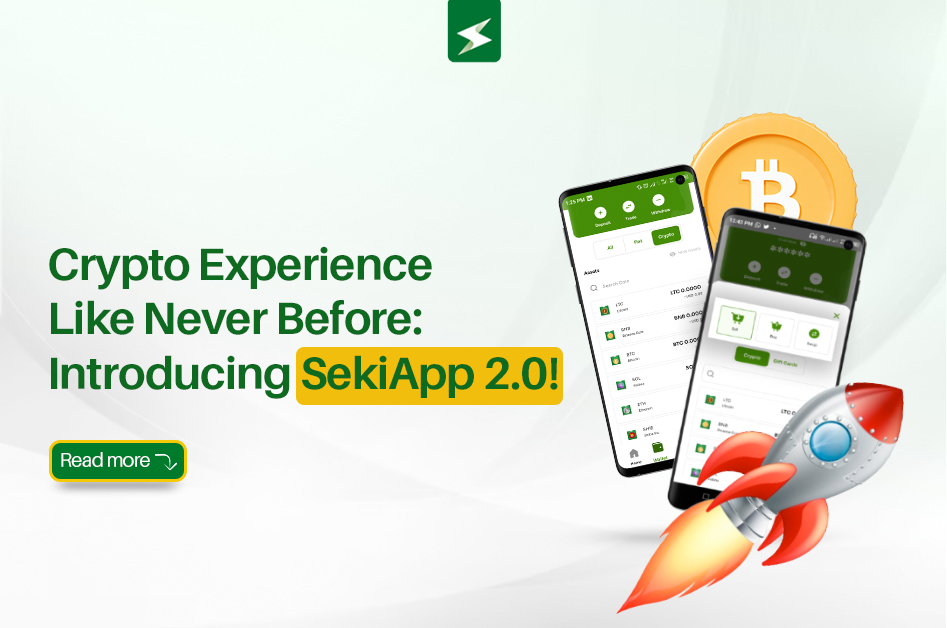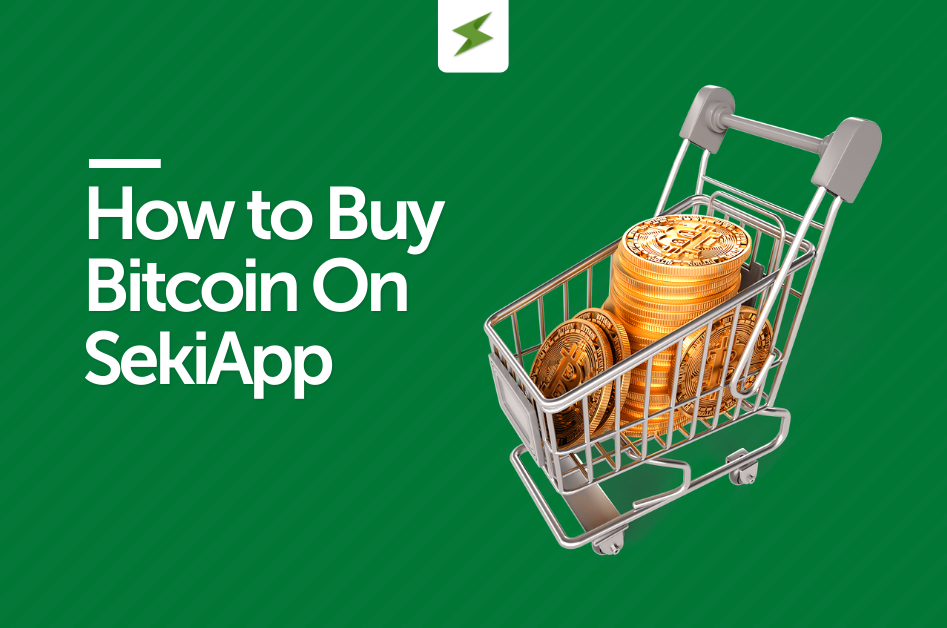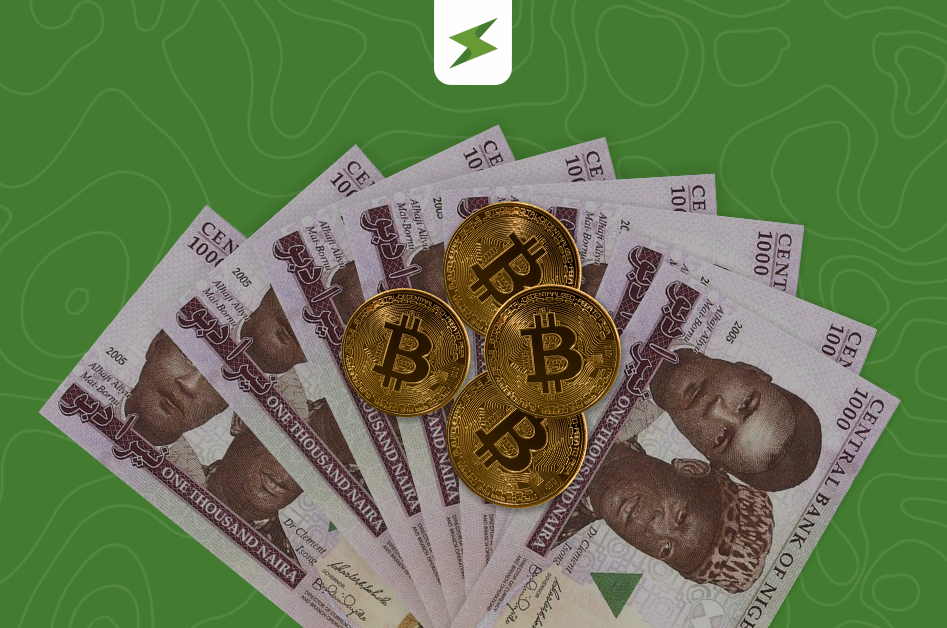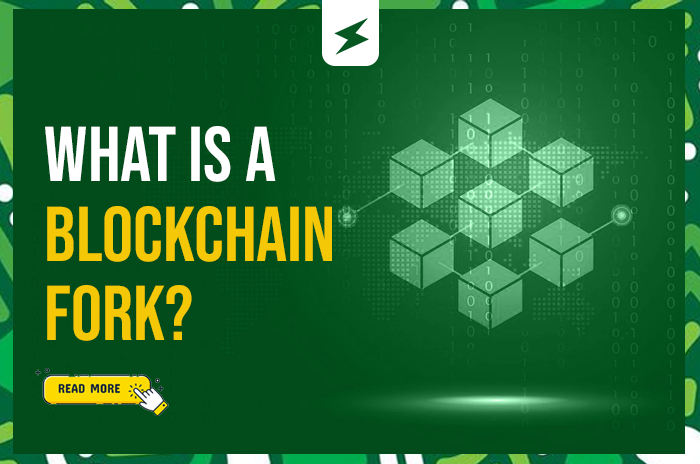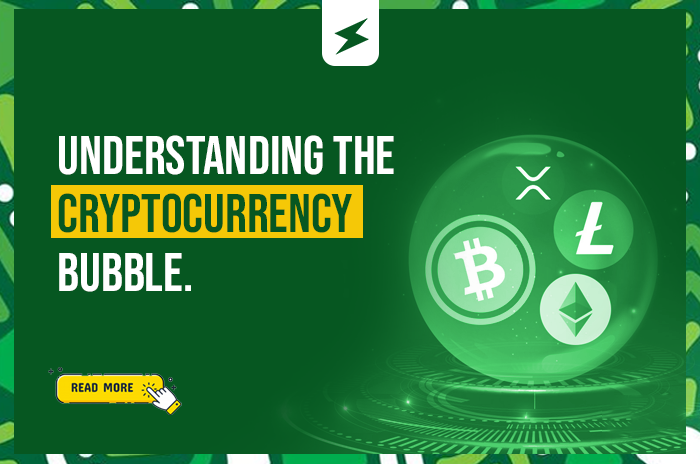Why is Nigeria’s interest in USDT highest in Africa?
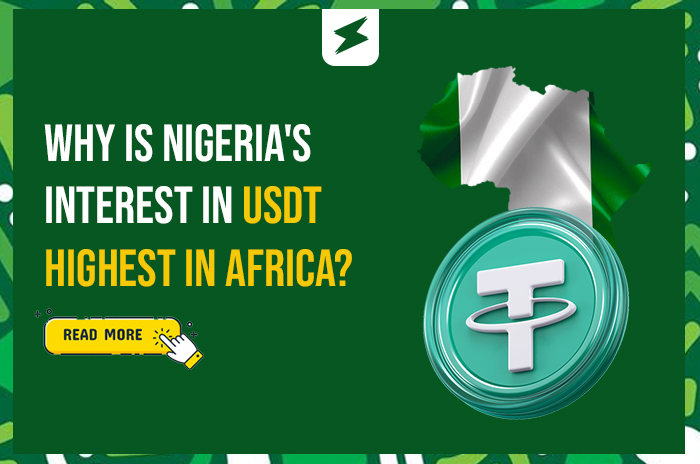
If you’re looking for a way to protect your savings and investments from the effects of inflation and currency devaluation in Nigeria, stablecoins might be the answer. They’re a type of cryptocurrency that is pegged to a stable asset, such as the U.S. dollar or gold. Here’s a simple guide on what they are and how they can benefit you.
What is a Stablecoin?
A stablecoin is a cryptocurrency that maintains a stable value by being backed by another asset, such as a fiat currency, a commodity, or a bulk of assets. For example, USDT, or Tether, is a stablecoin that is pegged to the U.S. dollar at a 1:1 ratio, meaning that each USDT token is backed by one U.S. dollar in reserve. Stablecoins aim to provide the advantages of cryptocurrencies, such as fast and cheap transactions, without the drawbacks of volatility and uncertainty.
The Rise of Stablecoins in Nigeria: Why is Nigeria’s interest in USDT highest in Africa?
Nigeria has a high demand for stablecoins, especially USDT, due to various economic and regulatory factors. According to Google Trends data, Nigeria ranks first in Africa and fourth in the world in terms of interest in USDT. Some of the reasons for this are:
Inflation: Nigeria’s inflation rate reached a record high of 28.92% in December 2023., eroding the purchasing power of the naira, the local currency. Many Nigerians have turned to USDT and other stablecoins to preserve their wealth and hedge against inflation.
Devaluation: The naira has depreciated by more than 50% against the U.S. dollar in the past five years, due to the combined effects of the COVID-19 pandemic, low oil prices, foreign exchange shortages, multiple exchange rate regimes, and structural and institutional challenges in the economy. As of February 7, 2024, the official exchange rate is currently around 1,414 naira per dollar, while the parallel market rate is around 1,408 naira per dollar. USDT and other stablecoins offer Nigerians access to the dollar at a more favorable rate than the official or black market rates.
Regulation: In the recent past, the Central Bank of Nigeria (CBN) has imposed several restrictions on the access and use of foreign currency in the country, such as banning banks from facilitating crypto transactions, limiting the amount of dollars that can be withdrawn from ATMs, and imposing fees on international transfers. These measures have made it harder and more expensive for Nigerians to obtain and use dollars for their personal or business needs. USDT and other stablecoins circumvent these barriers and provide Nigerians with more financial freedom and inclusion.
How Stablecoins Can Help You Save and Invest
Stablecoins can help you save and invest in various ways, such as:
Savings: You can use stablecoins to store your savings in a digital wallet like SekiApp, without worrying about the value of your money decreasing over time. You can also earn interest on your stablecoins by lending them to other users or platforms that offer yield farming opportunities.
Investments: You can use stablecoins to invest in other cryptocurrencies, such as Bitcoin and Ethereum, without having to deal with the hassle of converting your naira to dollars and then to crypto. You can also use stablecoins to diversify your portfolio and reduce your exposure to the risk of the naira or the crypto market.
Payments: You can use stablecoins to make payments to anyone, anywhere in the world, without having to go through intermediaries or pay high fees. You can also receive payments in stablecoins from your clients, customers, or employers, without having to worry about exchange rates or delays.
Also worthy to note is that as of January 2024, the Central Bank of Nigeria (CBN) has liberalized its stance on the access and use of digital currencies in the country, such as allowing banks to facilitate crypto transactions, opening accounts for virtual asset service providers (VASPs), and issuing guidelines for their operations. These measures have made it easier and safer for Nigerians to engage with cryptocurrencies and crypto assets for their personal or business needs. cNGN and other stablecoins complement these efforts and provide Nigerians with more financial freedom and inclusion.
Conclusion
Stablecoins are a promising innovation that can help Nigerians save and invest amid inflation and currency devaluation. They offer more stability, security, and convenience than the traditional financial system. They also enable Nigerians to participate in the global crypto market, which is growing rapidly and offering new opportunities. Platforms like ours-SekiApp make it easy for you to buy, sell, and use stablecoins with as little as $1, promoting wider adoption of digital assets. Start by registering on SekiApp via https://www.sekiapp.com/register now!

